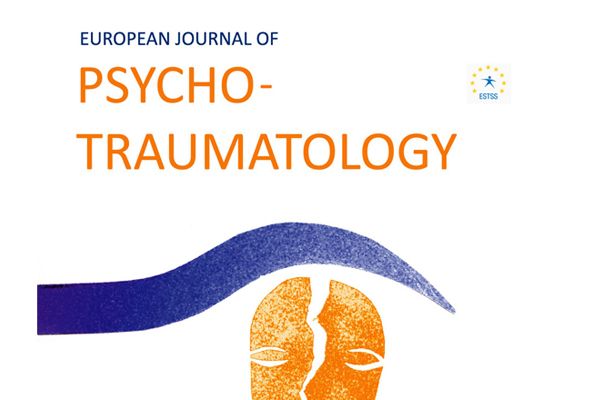29 december 2020
European Journal of Psychotraumatology
Yulan Qing, Mirjam van Zuiden, Cynthia Eriksson, Barbara Lopes Cardozo, Winnifred Simon, Alastair Ager, Leslie Snider, Miriam Lewis Sabin, Willem Scholte, Reinhard Kaiser, Bas Rijnen & Miranda Olff
https://doi.org/10.1080/20008198.2020.1816649
Abstract:
Background: Internationally deployed humanitarian aid (HA) workers are routinely confronted with potentially traumatic stressors. However, it remains unknown whether HA deployment and related traumatic stress are associated with long-term changes in hypothalamic-pituitary-adrenal (HPA) axis function. Therefore, we investigated whether cortisol awakening response (CAR) decreased upon deployment and whether this was moderated by previous and recent trauma exposure and parallel changes in symptom severity and perceived social support.
Methods: In this prospective study, n = 86 HA workers (68% females) completed questionnaires regarding trauma exposure, posttraumatic stress disorder (PTSD), anxiety and depressive symptoms and perceived social support, as well as salivary cortisol assessments at awakening and 30 minutes post-awakening at before, early and 3–6 months post-deployment.
Results: Linear mixed models showed significantly decreased CAR (b(SE) = −.036(.011), p = .002) and awakening cortisol over time (b(SE) = −.007(.003), p = .014). The extent of awakening cortisol change was significantly moderated by interactions between previous and recent trauma exposure. Also, a steeper awakening cortisol decrease was significantly associated with higher mean anxiety and PTSD symptoms across assessments. No significant effects were found for social support.
Conclusions: We observed attenuated CAR and awakening cortisol upon HA deployment, with a dose-response effect between trauma exposure before and during the recent deployment on awakening cortisol. Awakening cortisol change was associated with PTSD and anxiety symptom levels across assessments. Our findings support the need for organizational awareness that work-related exposures may have long-lasting biological effects. Further research assessing symptoms and biological measures in parallel is needed to translate current findings into guidelines on the individual level.

Het European Journal of Psychotraumatology (EJPT) is een peer-reviewed, interdisciplinair wetenschappelijk tijdschrift dat deel uitmaakt van de European Society for Traumatic Stress Studies (ESTSS).
Het EJPT heeft als doel om wetenschappers, behandelaren en experts te betrekken bij de belangrijkste vraagstukken rond stress en trauma, waaronder individuele gebeurtenissen, herhaalde of chronische trauma's, grootschalige rampen en geweld.

